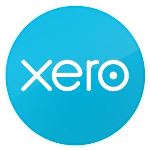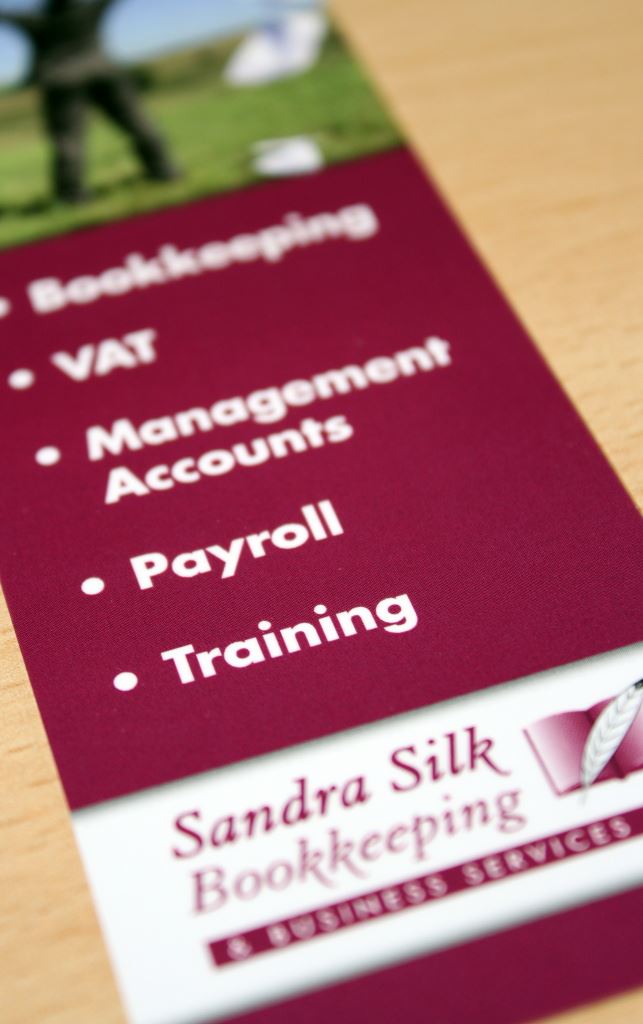 More businesses are moving to cloud accounting software to keep a record of their sales, purchases and expenses. With Making Tax Digital for Businesses (MTDfB) just 12 months away it makes sense to get ready now and move your accounts to software that will be compliant with the new regulations.
More businesses are moving to cloud accounting software to keep a record of their sales, purchases and expenses. With Making Tax Digital for Businesses (MTDfB) just 12 months away it makes sense to get ready now and move your accounts to software that will be compliant with the new regulations.
Cloud accounting software is user friendly and makes keeping your accounting records a whole lot easier. VAT returns can be submitted directly to HMRC at the press of a button and as we get closer to April 2019 developers will be updating software to cope with the new requirements.
Cloud accounting software enables you to quickly raise and send invoices by email and send instant or automatic reminders to customers who haven’t paid. Bank feeds ensure you can see the transactions coming into and out of your bank and mean that you can quickly pay off customer invoices helping you to keep track of your debtors.
There is so much more to cloud accounting though. Hundreds of other softwares and apps can be linked to it to make managing your accounts and your business so much easier. From taking direct debits to cashflow forecasting, from automating invoice entry to importing till transactions.
 Xero is the most well known and popular of the cloud accounting softwares, closely followed by Sage One and Quickbooks Online. They have apps which can be used on your phone to create and send sales invoices and match your incoming transactions ensuring you can quickly keep track of what is happening with your finances.
Xero is the most well known and popular of the cloud accounting softwares, closely followed by Sage One and Quickbooks Online. They have apps which can be used on your phone to create and send sales invoices and match your incoming transactions ensuring you can quickly keep track of what is happening with your finances.
Cloud accounting has certainly made life easier for keeping up to date accounts records and has enabled business owners or their staff to do it themselves. But, of course, the information you get out is only as good as the accuracy of the information you put in. You don’t need to have a bookkeeper as there are people who can grasp what needs to be done quite quickly and are of the right mindset to ensure it is accurate. But equally there are people who really don’t know what they are doing and shouldn’t be let loose on your accounts.
Accounts can get in a muddle very quickly and can be quite difficult and time consuming to unpick. Your reports will be inaccurate so you can’t make confident business decisions and your accountant may struggle to make sense of what has been done. This can be costly in terms of fees and taxes.
 Training will help users of accounting software to use it in the best way for their business. Alternatively using an experienced bookkeeper to do some or all of your bookkeeping will keep your accountancy bills down and ensure you have accurate and regular reports to enable you to really see and understand how your business is doing.
Training will help users of accounting software to use it in the best way for their business. Alternatively using an experienced bookkeeper to do some or all of your bookkeeping will keep your accountancy bills down and ensure you have accurate and regular reports to enable you to really see and understand how your business is doing.
We provide bespoke training to Xero users as well as regular bookkeeping support. As your business grows you should be thinking about getting the best support for your business. Understanding and using Xero better will give you greater insight into your business finances whilst using a bookkeeper will free you up to do more valuable work in your business, potentially reduce your accountancy fees and provide you with a valuable source of support and advice.
Leave a Reply